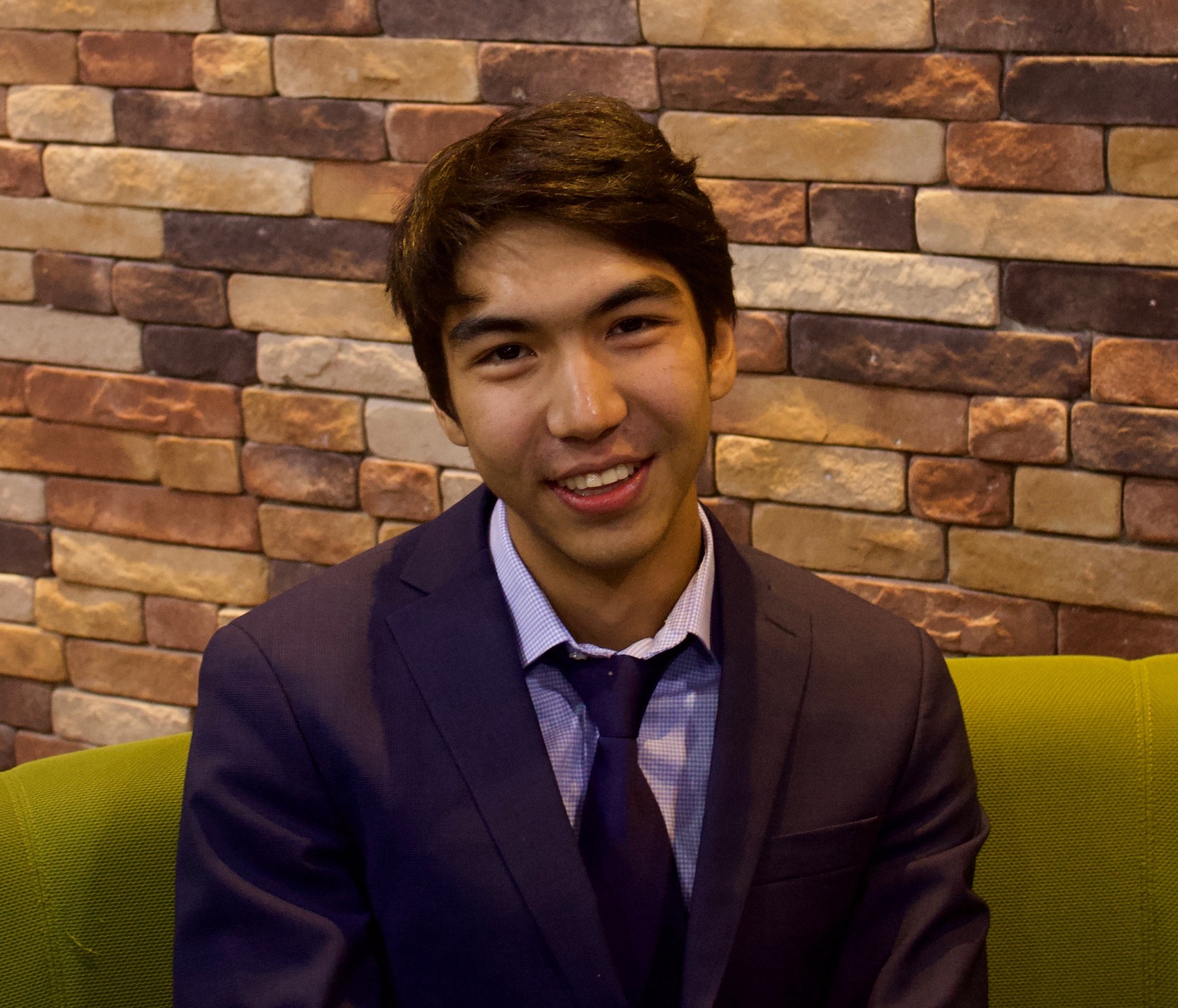
A new semester begins once again, and with it come many personal promises made to ourselves that this time, we will “study hard and do better”. The eternal struggle for good grades seems to beset nearly all of us, so this time the Herald has asked someone who might have found the answer, judging by his 4.3 GPA. Shyngys Aitkazinov, a sophomore student from Kazakhstan, has made it onto the Dean’s List in the School of Electrical Engineering and maintains a positive and happy outlook on KAIST life.
What’s your average day like? Do you have any advice for people who are struggling with their classes?
All my life here, I’ve always had 9 a.m. lectures, so every day I’ve had to get up earlier than other people. I think that it’s been beneficial for me, because you get up because you have to and don’t oversleep. Usually I had lectures until 12 p.m. and then some free time before my third lecture of the day. In that time, I tried to understand the materials that I had covered in the morning lectures.
Of course, every person is different, but what are common are the fundamentals. Time management is very important. [We all know it is easy to] say “Oh OK, now I will study,” but sometimes it gets boring and you lose [motivation]. Instead, it’s good to promise somebody else that you will study hard — a psychological trick, someone else holds you accountable. It’s also good to find somebody to study the subject with. When you discuss you can share the ideas each of you understand. It creates opportunities to think.
Are you ever sleepy during lectures, seeing as you get up so early? Have you ever pulled an all-nighter to complete work?
It depends on the lecture. As I understand it, every course demands its own style of studying. You have to find out which way is better: to study by yourself or pay attention to the professor very carefully. I really like the professors who are engaged with the class, not [those who are] just reading the materials. I usually answer the questions that the professor asks, and ask my own — I try to be interactive and it causes me to not be sleepy.
Of course, sleep has different importance for different people. Sometimes during the semester, I have stayed up studying hard to finish assignments, but during the exams I always make sure to sleep very well and take more rest if I need. I think during the exams it’s good to review what you’ve already done, not to cram knowledge and sacrifice sleep for it. In the first two semesters, I planned my time so that I studied everything in advance and I had some time to practice one week before the exam week, and then exam week was like a rest; I had more freedom.
Are there problems being an international student? Is it harder for you to get good grades compared to a Korean student here?
I haven’t talked to many Korean students, but I think it’s almost an equal opportunity. It’s only dependent on the studying and how much you focus on it. Our problem [as international students] is that sometimes the professor changes to speaking Korean in the lectures.
It’s very, very important to understand the concepts of the lectures and the overall picture of the whole course. [It seems like] Koreans do a lot of practice [compared to many international students]. I think that combining the two things — understanding the whole concept but also concentrating on problem solving — is the best answer.
You’ve increased your load this semester: before, you were taking 18 credits, but now you’ve got 24. Have you had to sacrifice anything?
I’m trying to change my lifestyle and not waste any time. It’s not possible, but I try to fill out all the open times. I, of course, need some rest and procrastination, but I try to make it “useful” procrastination, like going to the gym, or talking with friends — [these sorts of things] you cannot live without. I think now I’m not sacrificing, but just reducing [the time I spend on other things]. The main barrier is to try to increase efficiency. I think that more than hard work, what’s important is constant work.
What are your goals for the future?
I am really curious about startups. I want to join one! I realized that in KAIST we have the startup studio in W8. There, there are some really extraordinary and smart people — not just academically smart but creatively. I want to join this kind of stuff.

